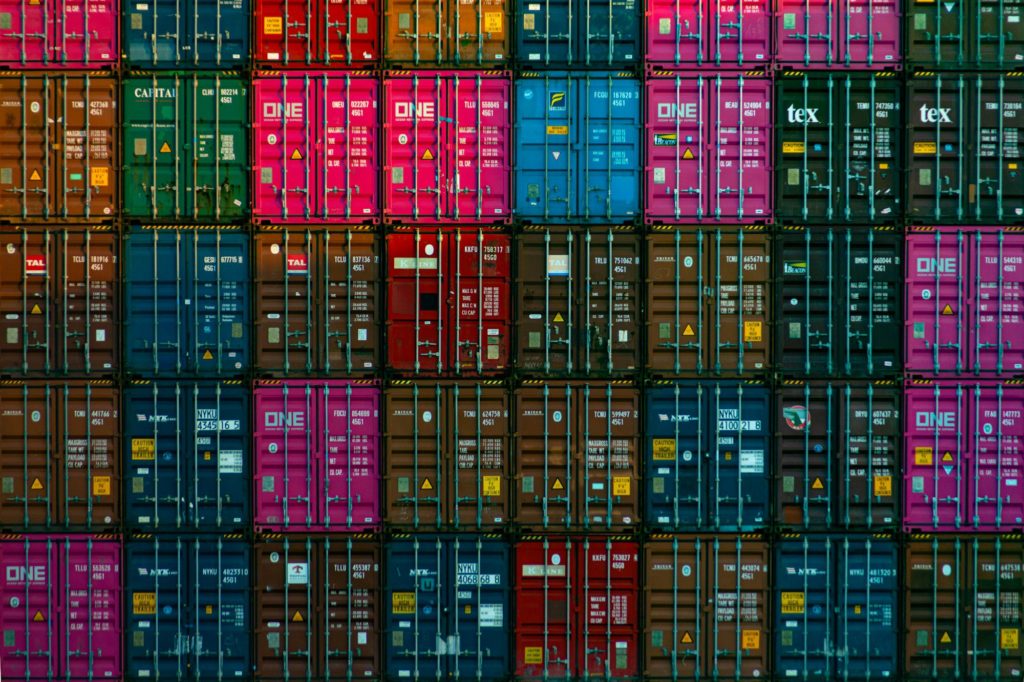On April 2, President Trump is set to roll out a new tariffs, dubbed "Liberation Day," aimed at reshaping U.S. trade relationships and strengthening domestic industries. Among the provisions is a 25% tariff on foreign-made vehicles and increased duties on imports such as steel, aluminum, and semiconductors. While the administration touts these tariffs as a way to protect American jobs and businesses, their broader economic consequences—both at home and abroad—are already sparking significant debate.
The 'Liberation Day' Tariffs
President Trump's "Liberation Day" initiative introduces a 25% tariff on foreign-made vehicles, a move aimed at protecting U.S. automakers from overseas competition. Additionally, increased duties on steel, aluminum, and semiconductors are expected to impact industries reliant on these materials. These tariffs reflect the administration’s push for economic nationalism, with claims that they will revitalize domestic manufacturing and reduce trade deficits. However, international trade partners, including the European Union and China, have already signaled potential retaliatory measures, setting the stage for escalating tensions.
Market Reactions and Investor Sentiment
Financial markets responded with immediate volatility following the announcement. The S&P 500 and Dow Jones Industrial Average saw steep declines, particularly among automotive and technology stocks, which are expected to bear the brunt of increased import costs. Investors worry that retaliatory tariffs could disrupt supply chains and increase costs for U.S. businesses, ultimately impacting corporate earnings. Analysts suggest that while certain domestic industries may benefit in the short term, the broader economy faces uncertainty as companies navigate shifting trade dynamics.
Economic and Political Implications
- Increased Consumer Costs: Higher tariffs on imported goods may lead to rising prices for consumers, contributing to inflationary pressures.
- Retaliatory Measures: The European Union and China are expected to implement counter-tariffs on key U.S. exports, potentially harming American agriculture and manufacturing.
- Supply Chain Disruptions: Companies that rely on global supply chains, particularly in the tech and automotive sectors, could face increased production costs and logistical challenges.
- Political Ramifications: These tariffs are likely to become a major topic in the upcoming election cycle, with critics arguing they could provoke a trade war rather than strengthen the economy.
Looking Ahead
As the tariffs take effect, businesses, investors, and policymakers will closely monitor their impact on trade relations and economic stability. The possibility of negotiations or adjustments remains, but the uncertainty surrounding these measures adds another layer of complexity to an already fragile global economy. With potential retaliations on the horizon, the coming months will be crucial in determining whether "Liberation Day" strengthens the U.S. economy or exacerbates trade tensions with key partners.

